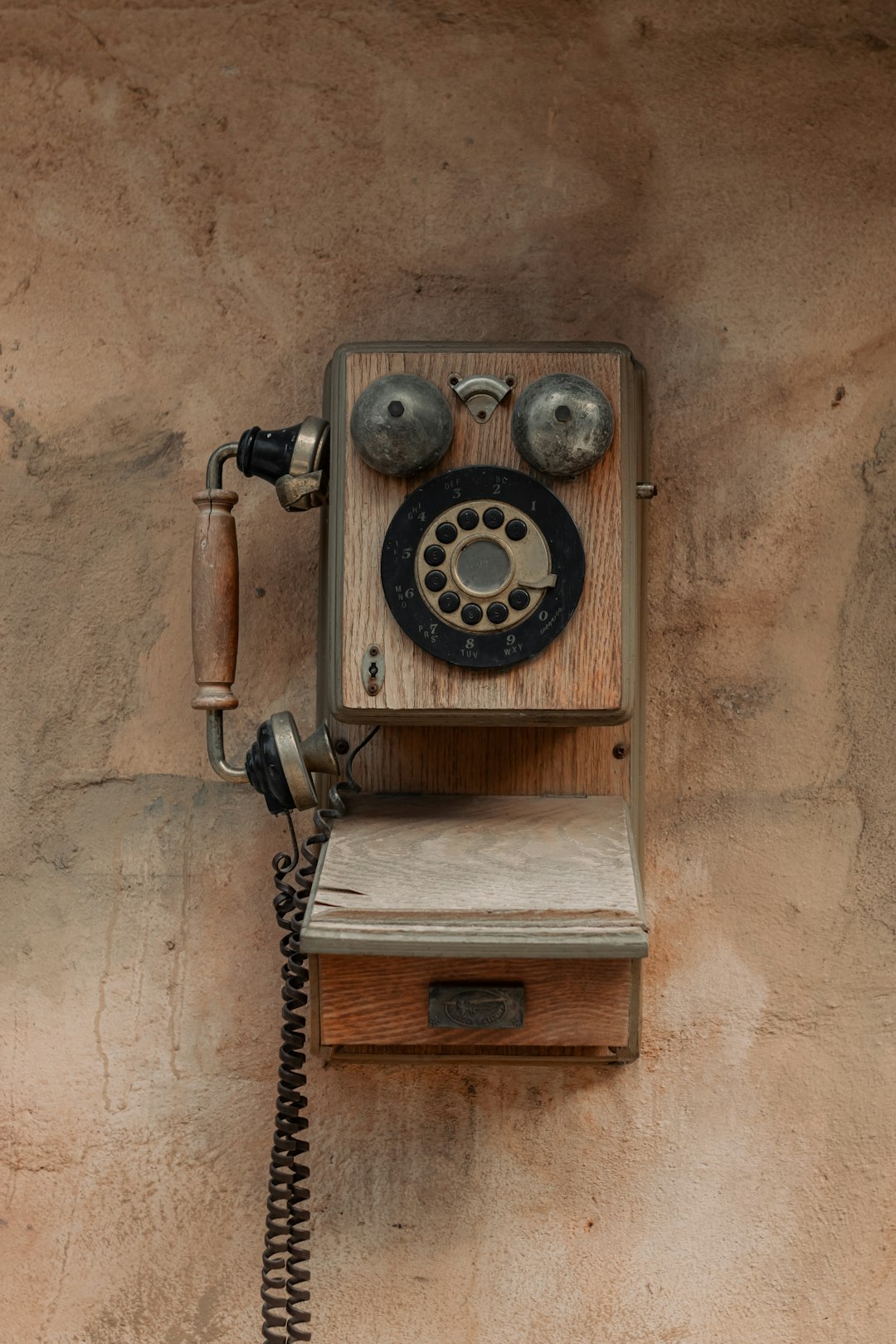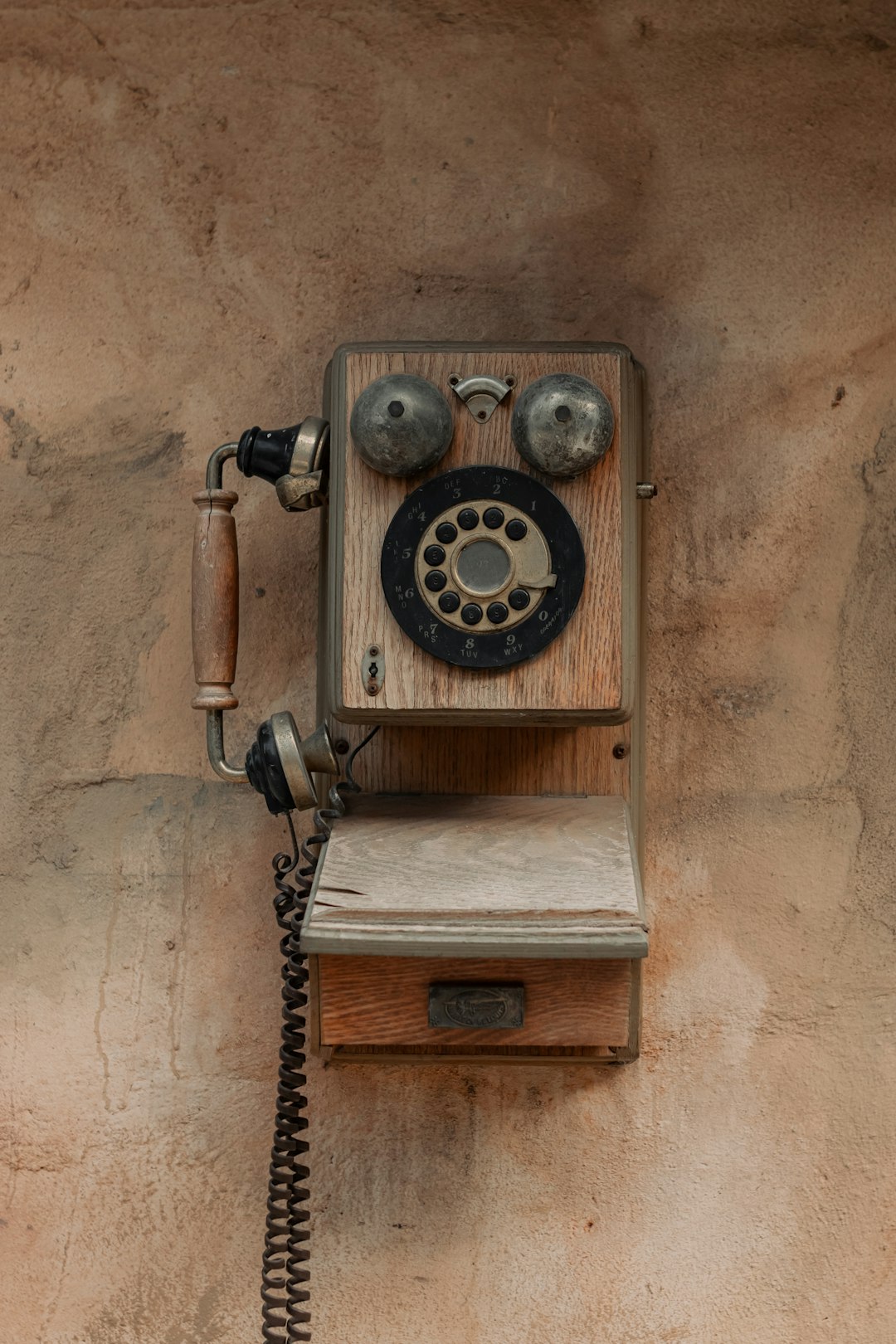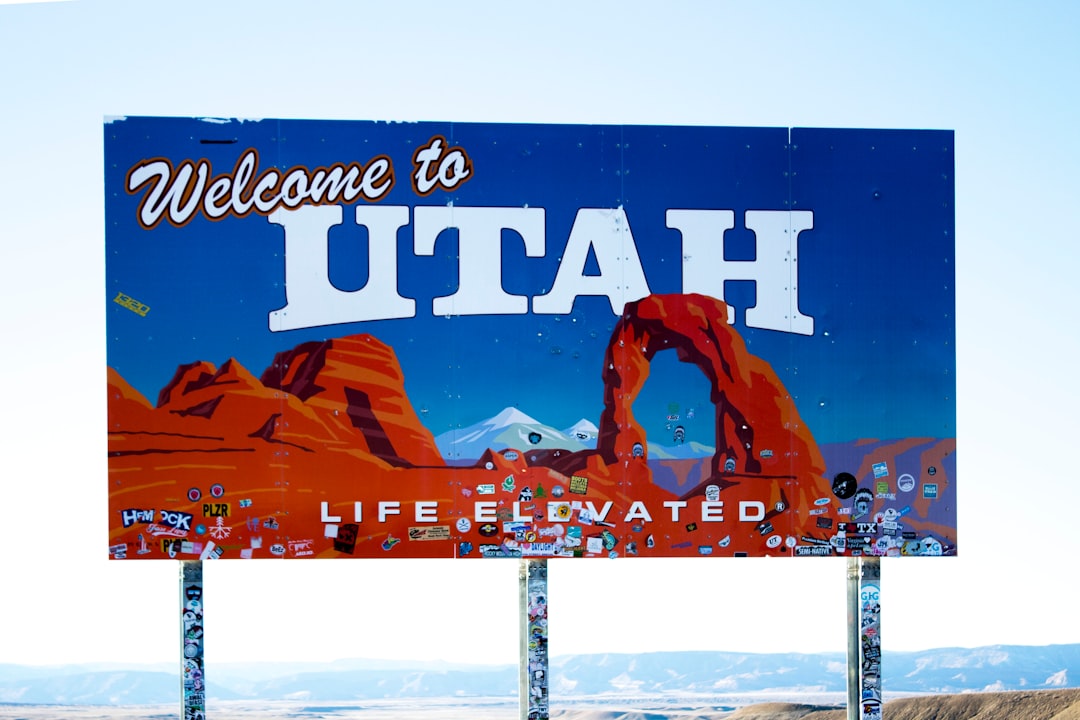Robocalls are protected by federal laws like the TCPA but often associated with fraud in Utah and nationwide, making it difficult to sue for damages. While legal options exist, the effectiveness depends on specific circumstances and state telemarketing laws. In Utah, consulting a telecommunications law specialist is recommended before taking action. Understanding your rights and joining local initiatives can empower individuals to combat unwanted robocalls.
In Utah, robocalls have become a persistent nuisance, affecting countless residents. This article explores how you can take action and get involved in local initiatives to combat this growing issue. We delve into understanding robocalls, their impact on Utah’s citizens, and your legal rights—including the possibility of suing for robocalls in Utah. Learn about community efforts to mitigate these automated calls and discover your role in creating a quieter, more peaceful environment.
Understanding Robocalls and Their Impact in Utah

Robocalls, automated phone calls that deliver pre-recorded messages, have become a pervasive issue in Utah and across the nation. While they can be used for legitimate purposes like political campaigns or customer service, robocalls are often associated with fraudulent activities such as telemarketing scams, debt collection, or political messaging without explicit consent. In Utah, where privacy laws are stringent, residents may face unique challenges related to these calls, including a lack of control over their personal information and potential invasion of privacy.
The impact of robocalls can be significant, leading many Utahns to wonder, “Can I sue for robocalls in Utah?” While legal options exist for individuals who have suffered financial loss or harassment due to unwanted calls, the effectiveness of suing largely depends on the specific circumstances and the laws governing telemarketing practices in the state. Understanding these dynamics is crucial before taking any legal action.
Legal Rights and Options: Can You Sue for Robocalls?

In Utah, as in many places across the country, robocalls have become a prevalent and often annoying aspect of daily life. While federal laws like the Telephone Consumer Protection Act (TCPA) offer some protections against unsolicited automated calls, understanding your legal rights when it comes to suing for robocalls can be complex.
If you’re receiving excessive or unwanted robocalls, you may wonder if you have the right to take legal action. The TCPA allows individuals to sue for damages if they’ve been harmed by unwanted automated calls. However, proving that a specific call violated your rights and quantifying any resulting damages can be challenging. It’s always recommended to consult with an attorney specializing in telecommunications law to discuss your options, especially before taking any legal steps or filing a lawsuit related to robocalls in Utah.
Joining Local Initiatives to Combat Robocalls in Utah

If you’re tired of unwanted robocalls, joining local initiatives in Utah is a proactive step to combat this growing issue. Many communities across the state have formed groups dedicated to tackling the problem of automated phone calls. These initiatives often involve collaboration with local authorities and telecom companies to implement solutions and raise awareness among residents.
Utah has strict laws regarding telemarketing practices, but enforcing them requires collective action. By joining these local efforts, you can contribute to a more robust system for tracking and blocking robocalls. Additionally, staying informed about legal rights, such as understanding when you can I sue for robocalls in Utah, empowers individuals to take a stand against intrusive phone marketing tactics.






